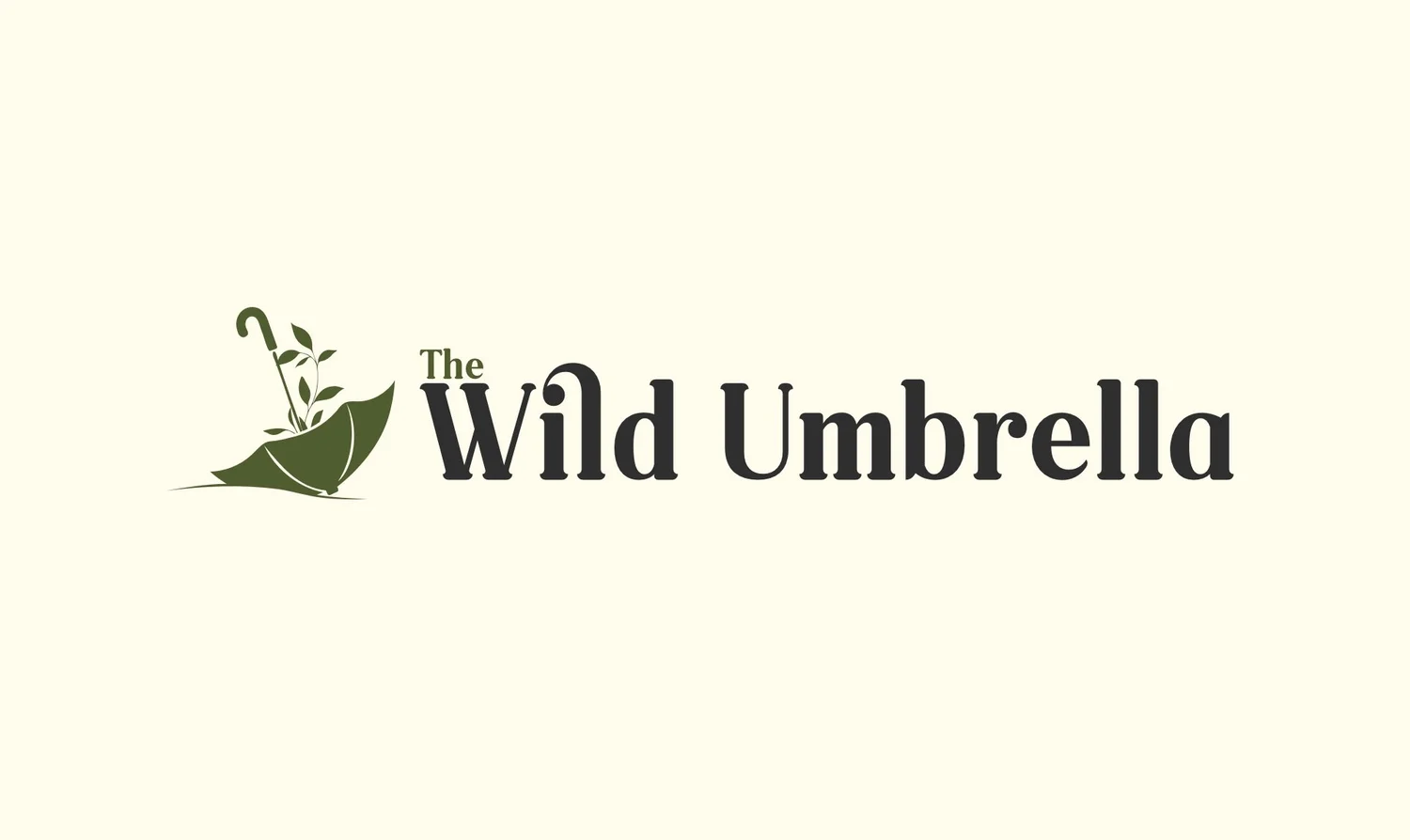Q&A with Mark Belair
We are so excited that two of Mark Belair’s poems, “Ode to a Log Cabin” and “Quiet,” have recently found their home in The Wild Umbrella! Our Editor-in-Chief Julian Kanagy interviewed Mark about his poetry and writing process. Join them as they discuss how a familial keepsake can hold so much love, the poetry of landscapes, and the pursuing bewilderment.
How did your construction of your “ODE TO A LOG CABIN” proceed? This reads as a poem grounded in reality and in meditating on an object, and I found myself curious as to how this poem began for you.
I was culling keepsakes and came across a small, homemade log cabin my mother had kept since her childhood. Though I had seen it repeatedly while growing up, something struck me upon seeing it this time, but I didn’t know what was different.
So I began a poem with a description of it to see where that might lead. And where the describing of the cabin’s details led was not back to my mother, but back to the man who made it, my grandfather.
An electrician who worked shifts at a mill in Maine, he was good with his hands and used that skill to make something special for his daughter, perhaps in response to a wish of hers, something that, in the Great Depression, he could not afford.
Since my mother kept it, she must have treasured it as an embodiment of his love, as I now keep and treasure it as an embodiment of both their love. And the poem became an ode.
The peaceful harbor in “QUIET” roils with brilliant descriptors and even conflicting images, highlighting the larger and more harmonious picture the poet paints. Is this poem based on a location that means a lot to you? Do your find yourself writing poetry that relates to a landscape frequently?
Perkins Cove is a small harbor in southern Maine, a place I visited every summer in childhood then frequently returned to in adulthood.
But on one return I felt something unusual. I couldn’t place what it was, so as with “Ode to a Log Cabin,” I started a poem with a description of what I saw, which led to what had caught my attention: how diverse the boats and their purposes were, yet how they all floated in peace together.
And I saw that they could represent a lifetime of beliefs, acquired in contradiction to each other, finally integrated, making for quiet calm as the end of life nears. Landscapes are evocative to everyone, our feelings affected by their complex auras. Cities, of course, are landscapes too, and living in New York City provides me with both micro and macro landscapes to contemplate. My work is filled with them.
What inspires your writing process, broadly? Are you often encouraged by reading any particular poets, or by any particular type of encounter in your daily life? We are publishing two meditative, slow poems of yours; I wonder as well if that is typical of your work.
Nearly all my poems, as these two poems demonstrate, proceed from something happening that I sense is meaningful but don’t know how so. I start a poem to relate the experience and see if that will coax out its fugitive meaning. If it does, I consider the poem found. The rest is the sweat work of making it its best self. That procedure makes my work fundamentally meditative. The poems contemplate evocative but reclusive moments until some intuited belief, some hidden pattern, appears. I never start a poem because there is something I know and want to impart. I start a poem because there is something I don’t know but need to find out. You could say I write out of bewilderment.
Do these pieces stand alone, or are they part of a broader project you’re working on at the moment?
These two poems are part of a developing collection. More than that I can’t say. Talking about work-in-progress spooks me.

